When I authenticate using WebAuthn and my YubiKey, the response.userHandle property is always null. That is the user id and displayName that I registered the credential with does not get returned. Is this becuase of something I am doing wrong during the registration / authentication process:
async function register() {
const publicKeyCredentialCreationOptions = {
challenge: Uint8Array.from("this-is-a-test", (c) => c.charCodeAt(0)),
rp: {
name: "Webauthn Test",
id: "localhost",
},
user: {
id: Uint8Array.from("a1b2c3d4e5f6", (c) => c.charCodeAt(0)),
name: "just-a-test",
displayName: "MrUser",
},
pubKeyCredParams: [{ alg: -7, type: "public-key" }],
authenticatorSelection: {
authenticatorAttachment: "cross-platform",
},
timeout: 60000,
attestation: "direct",
};
const credential = await navigator.credentials.create({
publicKey: publicKeyCredentialCreationOptions,
});
}
This is the code I use to authenticate:
async function authenticate() {
const publicKeyCredentialRequestOptions = {
challenge: Uint8Array.from("test", (c) => c.charCodeAt(0)),
allowCredentials: [
{
id: credentialId,
type: "public-key",
transports: ["usb", "ble", "nfc"],
},
],
timeout: 60000,
};
const assertion = await navigator.credentials.get({
publicKey: publicKeyCredentialRequestOptions,
});
console.log(assertion);
}
What I end up with is:
{
rawId: ArrayBuffer(64),
id: "U-nitqhlORmmdltp7TLO3i18KNoWsSebFyrtc3OIRvcktvwlz-dJZCA1_1gxXrNHzqReU7xGAHdfVP75N2aJSw",
response: {
authenticatorData: ArrayBuffer(37) {}
clientDataJSON: ArrayBuffer(101) {}
signature: ArrayBuffer(71) {}
userHandle: null
}
type: "public-key"
}
As you can see: userHandle is null. Can anyone tell me why?
